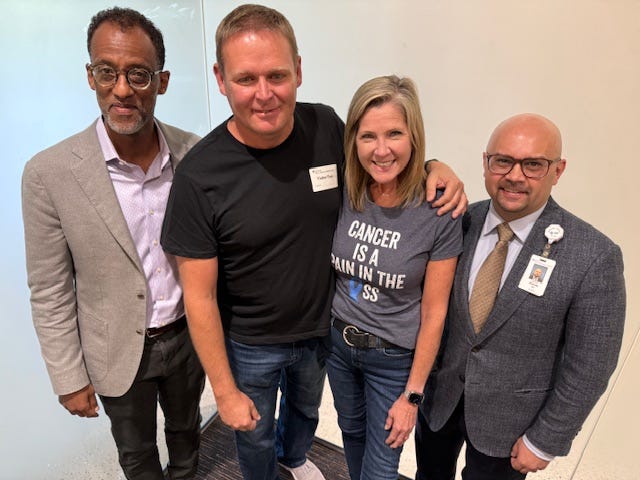
CHICAGO (WBBM NEWSRADIO) — Everyone has a colon, but not everyone likes to talk about it.
"When we're children, we celebrate the idea of being potty trained, and then we forget about it and then take everything kinda autopilot and we forget about our colon, particularly when it comes to colon cancer,” noted Dr. Joaquin Estrada, chief of colorectal surgery and medical director of digestive health at Advocate Illinois Masonic Medical Center.
Estrada added: “It's one of these diseases that are kind of closeted."
Over the years, his typical patient for recommended screenings was someone over the age of 50, but recently, Estrada said it's been a different story.
"We're seeing more and more younger patients,” said Estrada. “Whereas before, 'Wow, a patient is 33, this person is 35,' and it would be a one off, we'd then chalk it up to family history or whatnot. Now, we're seeing patients at those ages without family histories and sometimes even younger, and it's become more common."
Estrada said it's oftentimes a head-scratcher.
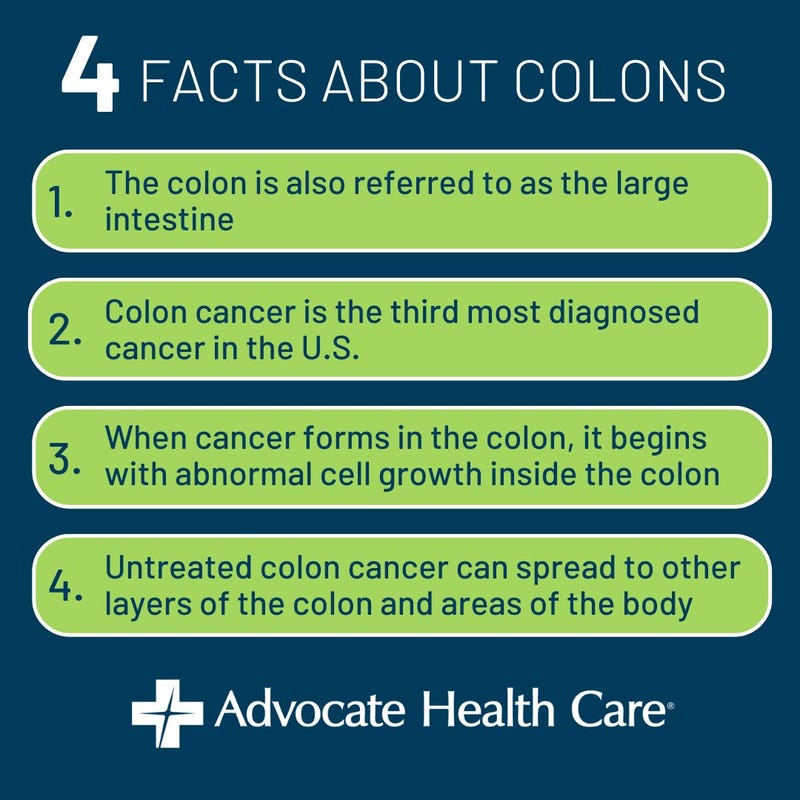
"You start seeing more and more young patients coming in, and we think, ‘Wow, this wasn't what we were taught in medical school,’” he said.
"I was 47 years old at the time, before the 50-year-old colonoscopy," recalled Josh Rubenstein, who worked in broadcast media for 20 years then changed careers to become part of his local police department during the civil unrest of the pandemic.
"It was really one of the most exciting, tumultuous, most difficult times of my life. Incredibly stressful as you can imagine."
Rubenstein chalked up his symptoms to stress.
"I'd been working there for about three years,” Rubenstein said. “I had symptoms that were really innocuous. You could easily slough off as something else that wasn't serious. In fact, for a long time I just ignored it, as people my age and men in particular do."
He had three more months of tests and eventually a colonoscopy. He then received news he never expected.
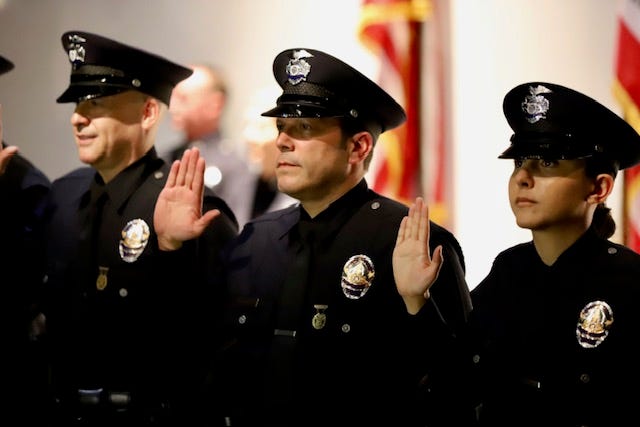
"I woke up from my colonoscopy, and the doctor said 'Yeah, you have a tumor. You have cancer,’ and that started a whole new journey,” Rubenstein said.
That journey would include six rounds of chemotherapy and then surgery. He said it was then he had a chance to start looking back.
"I was thinking about how much processed meat I ate, hot dogs at ballparks," he laughed. "I asked myself, 'What did I do that caused this?'"
He had no genetic markers and no family history, so he chalked it up to dumb luck, but he learned to listen to his body and depend on the support system around him.
"If I learned anything, any lesson here, it's listen to your body, go see the doctor, don't ignore it," Rubenstein said.
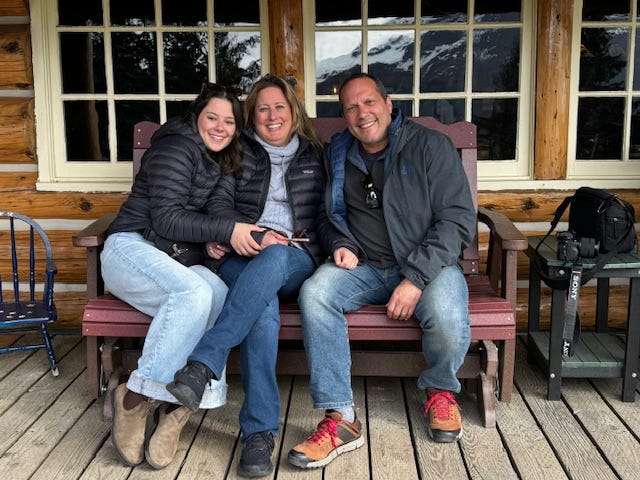
Cancer doesn't always show symptoms, and current guidelines call for screenings at age 45. Estrada, though, said too many people put off the critical test for a myriad of reasons.
"There are a whole host of reasons not to get a colonoscopy,” Estrada said.
“Patients will say it's too expensive. They have to take time off work. They need a driver. They say, ‘The solution doesn't taste good.’ They say, ‘It hurts.’ They'll say, ‘It's a private part, and I feel fine.’ They don't do them on Saturdays, a whole host of things. All of those may be true, but the flipside is that this is a curable disease and all you have to do is get your colon screened."
Colleen Dardis, 51, said she had no symptoms when she got screened.
"I turned 50, and I went in for a regular screening," recalled Dardis. "They found several polyps; one was very large. I needed surgery. It turned out to be stage 3."
This wasn't her first experience with cancer. In her 20s, she was diagnosed with Hodgkin's lymphoma.
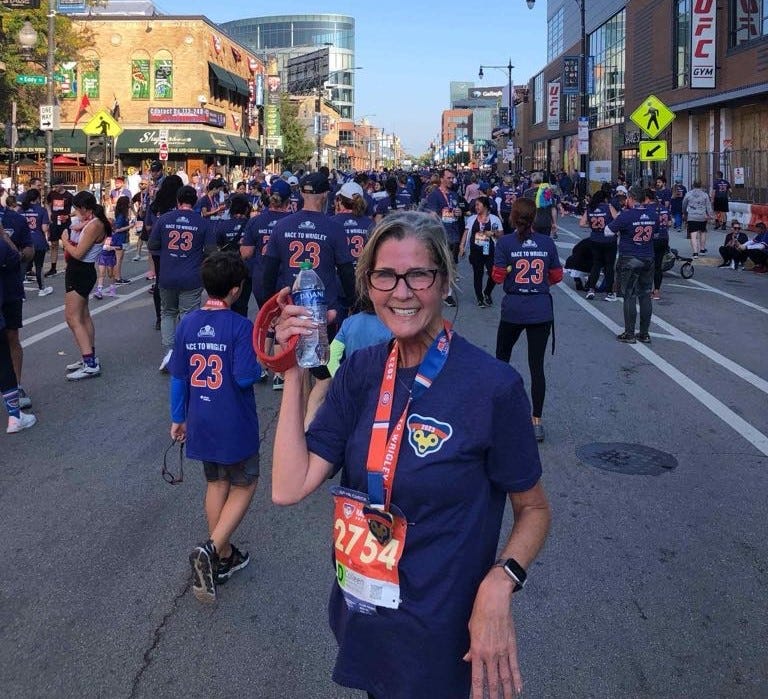
"At 25, I underwent my first batch of chemo, radiation and treatment, but then I lived a healthy life through my 30s and 40s…I had no cancer in my family,' said Dardis. "I thought I was done."
Twenty-five years later, she was dealing with another round, but doctors insisted the colorectal cancer was unrelated.
"Two separate issues. I very rarely catch the common cold, but I get cancer twice? That's not normal," she said, shaking her head. "But I kept asking myself, ‘Were there side effects I missed, that I ignored? How, at age 50, when I lived a relatively healthy lifestyle, I had to go through this twice?’"
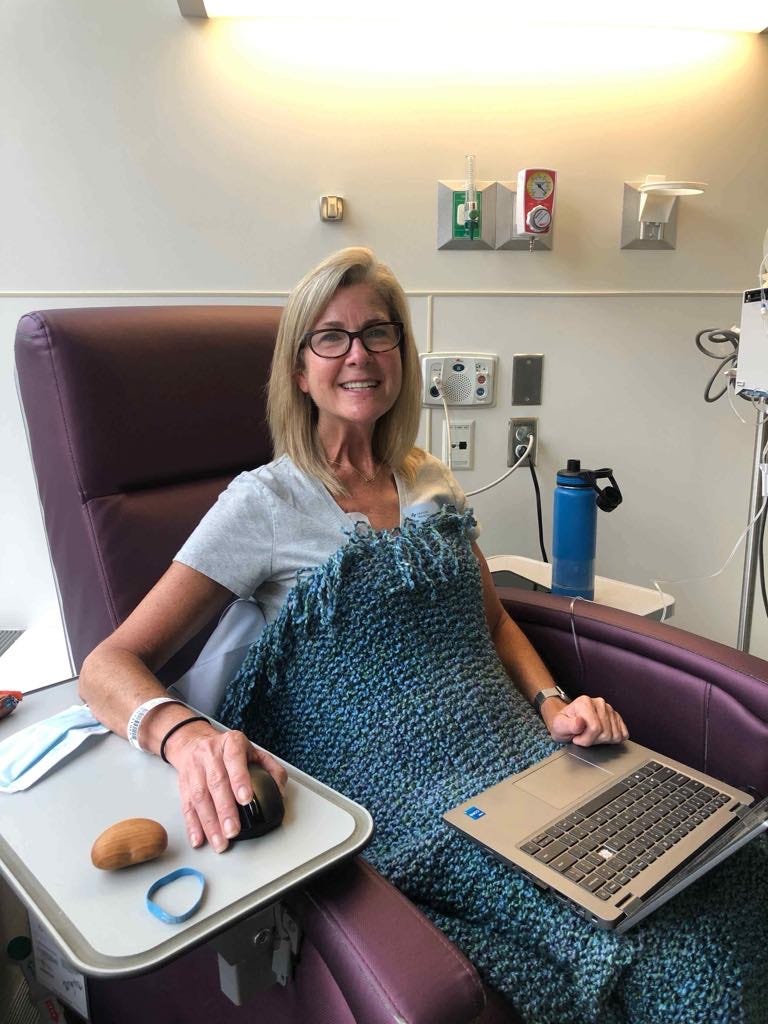
Nobody knows for sure why colorectal cancer numbers are rising in young people, however, researchers are closer to finding out.
According to the American Cancer Society, those born between 1981 and 1996 face twice the risk of colorectal cancer than people born in 1950 do.
"There's a chord of people that are growing up that seem to have some kind of incidents, some kind of similar experience 30-40 years ago that caused this rise in incidents. That's what people are exploring right now," said Dr. Mebea Aklilu, a gastrointestinal oncologist at Advocate Illinois Masonic Hospital.
"We've noticed this uptick in the last 10 years," Aklilu said. "We've noticed this especially after COVID."
He said early onset cancer has become so common that clinics are now working to find out what's driving the trend. The first thing they look at is genetics.
"There are multiple centers who have early onset clinics where they are trying to explore the 'why,'" Aklilu said. "Early discussions are genetic. Has there been a change in genetics and the answer is no, there hasn't been a change in genetics."
An early theory examines a more widespread change in American diets over the past 30-40 years.
"Less fiber, more processed foods hit our diet in that age group," Aklilu said. "The fruits and vegetables disappeared, processed food became the norm, parents were working and we were eating out of a box."
One of the questions researchers are trying to answer is: What are these foods doing to the gut?
"The newer data is looking at what the processed food and energy drinks have changed [in] the gut microbiome that causes a more pro-inflammatory condition, which seems to predispose to an inflammatory cancer drive state," he said. "The answer is not here yet, but people are actively looking for that 'why.'"
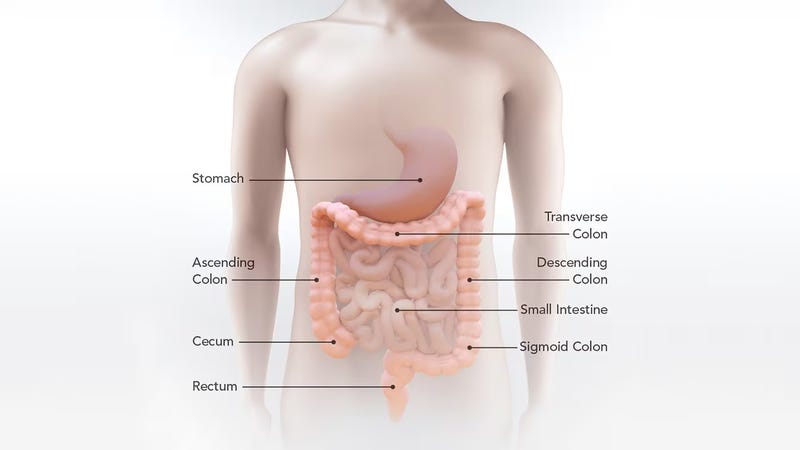
Doctors, though, say anyone can make a difference for themselves and their loved ones by being informed and aware.
Estrada said knowing the signs and symptoms is the first step.
"The things that are not normal are: blood in the stool, pain, long periods of constipation," Estrada said. "Those things require a conversation with your healthcare provider. Many times it's nothing, sometimes it's not."
Estrada said the key is to communicate with your doctor and your family.
"Family history is another thing we don't talk about, especially when it comes to colon cancer," he said. "Whether it's a colonoscopy or a stool based test, there are many options to screen your colon."
One option recently gained approval from the Food and Drug Administration: a new blood test that can detect colon cancer. It's a step forward.
Estrada said that while technology and science have evolved, it's ultimately up to us to curb the numbers and take control of our own health.
"We all have a job to convince our family members, to let them know, spread the word that this is something that can be preventable and curable," he said. "That's the job of everybody here. Let your mom, your dad, your brothers, your sisters [know]: This is something you need to get done. It's preventable and curable."
Any cancer diagnosis is life changing but for survivors, it often becomes their new mission to help others like them.
"So many people helped me through my battle," said Rubenstein. "I promised myself that I would do the same thing for somebody else, that it would be an honor for me to do so. To be able to tell them about my journey, that I'm here, I'm alive, I made it through."
Dardis has now been cancer-free for one year and tells her story openly.
"I was shocked by the number of people who shared with me privately that they had gone through something similar," she said, fighting back tears. "As for me, at the time, it was better for me to focus on the positive, and spend the most time with people I loved.
"But I rang the bell after my chemotherapy was over. It's been a good year. I'm starting to feel like my life is mine again," she smiled.
Dardis said advancements in medical science have meant that cancer is no longer a death sentence.
"The key is to get screened," she said. "The key is early diagnosis.”
Rubenstein said he's already talked to a few friends and colleagues who've been diagnosed as well.
"It's a privilege to be able to share my story, that someone can say, 'Oh, there's a light at the end of the tunnel for this, and I can fight this,'" he said. "The more people understand how real this is, the occurrences are going up. If people are aware of that and are willing to get tested, they'll know sooner and be able to address it, face it and live beyond it."
For more information about colon screenings, symptoms, prevention and cancer you can find information from Advocate Health and the CDC.
Listen to WBBM Newsradio now on Audacy!
Sign up and follow WBBM Newsradio
Facebook | Twitter | Instagram | TikTok
